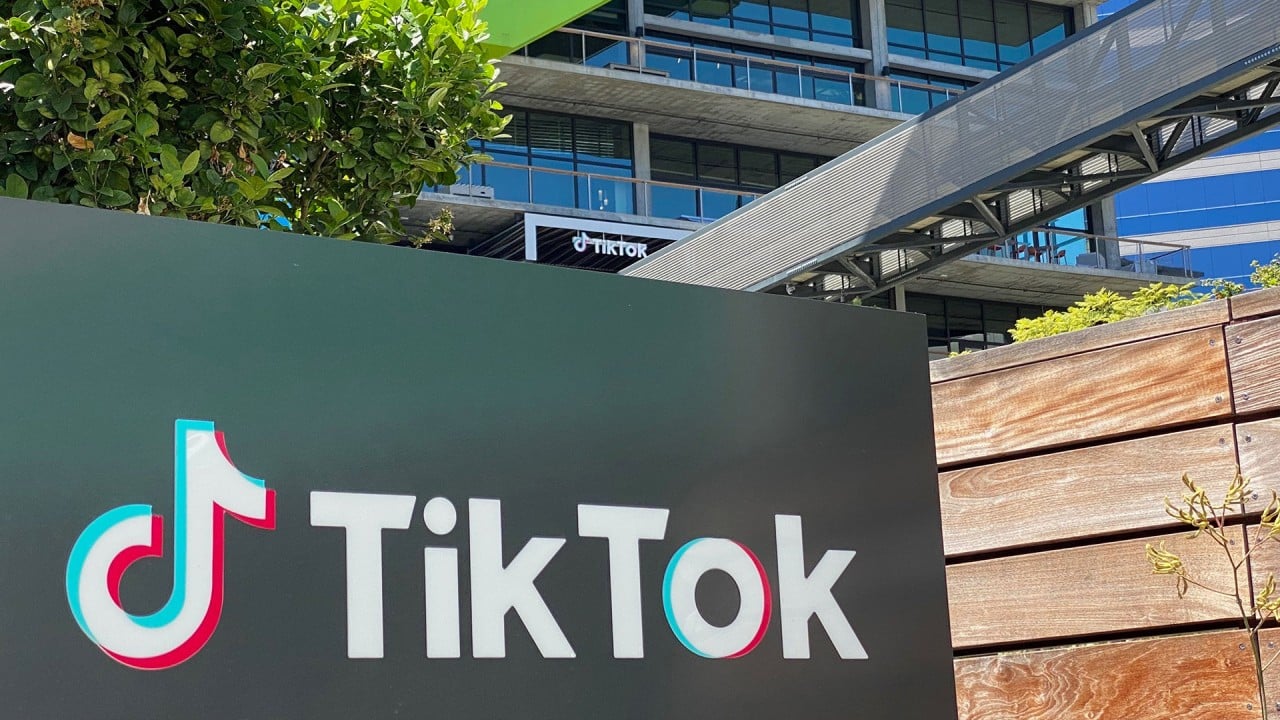
TikTok will ask judge to stop broader US ban scheduled for next month
- ByteDance, the video-sharing app’s parent company, is making a series of legal moves in an attempt to keep operating in the United States
- Judge has already ruled that the US government likely overstepped its authority in imposing the ban
TikTok plans to ask a federal judge to suspend a broader ban imposed by the Trump administration that is set to go into effect on November 12.
US District Judge Carl Nichols will hold a hearing on November 2 to decide whether to grant the request by ByteDance, the Chinese-owned video-sharing app’s parent company, so it can continue to operate in the US. ByteDance said in a court filing late on Wednesday that its formal request would be made within two weeks.
In an August 6 executive order, US President Donald Trump said TikTok and WeChat, a Chinese-owned messaging app owned by Tencent, were national security threats because the companies could be required to turn over users’ personal data to Beijing. Both have denied the claim. The executive order set in motion the proposed bans that will take effect in two phases.
ByteDance sued Trump, Commerce Secretary Wilbur Ross and the Department of Commerce on August 24, saying the US offered insufficient evidence to support the security threat claim, and asked the judge to stay the phase one ban.
Nichols, based in Washington, ruled in favour of TikTok on Sunday, granting ByteDance’s request to temporarily stop the ban scheduled to go into effect that day. The ruling allowed new downloads of the app in the US to continue beyond midnight Sunday.
The judge said the US government likely overstepped its authority to invoke the International Emergency Economic Powers Act (IEEPA), a national declaration triggered by unusual and extraordinary threats to the country. Nichols also said the administration likely violated First Amendment free speech protections.
At a meeting on Wednesday to determine the next steps, lawyers for the US government rejected ByteDance’s proposal to file a cross motion for summary judgment, a means to avoid the time and cost of a full trial.
What does the latest US court ruling on TikTok mean?
The US government said there remained unsolved disputes, including whether ByteDance could rely on expert witness declarations as evidence.
“The [executive order] is fully consistent with the law and promotes legitimate national security interests,” the Commerce Department said in a statement.

06:02
Global expansion of TikTok and other Chinese tech companies is likely, only not in the West
The Trump administration submitted additional evidence on Friday that it said would prove TikTok posed a national security threat.
But the document fell short of identifying anything specifically sensitive about TikTok’s handling of the data of its users, which number more than 100 million in the US.
TikTok to be shut down if Oracle deal fails to meet US security bar: Mnuchin
The government’s filing, instead, listed as evidence that TikTok founder Zhang Yiming was awarded “top 100 outstanding private entrepreneurs” in China and that ByteDance has more than 130 Chinese Communist Party members in its Beijing office.
The legal back and forth took place as TikTok’s parent company ByteDance sought government approval for its proposed deal with Oracle and Walmart for its US operations.

